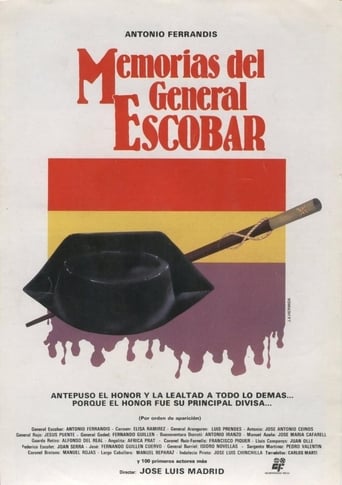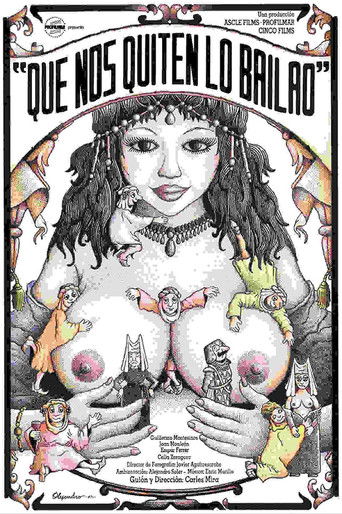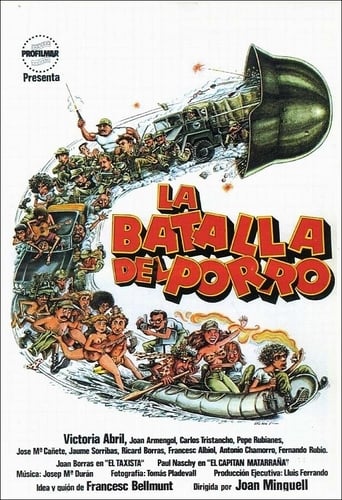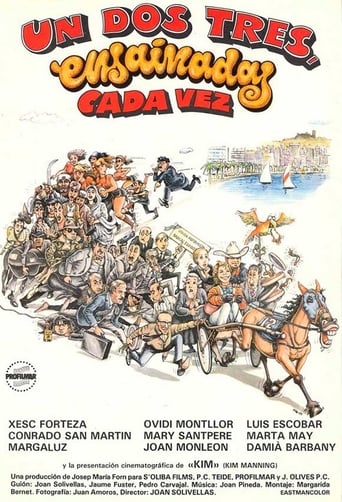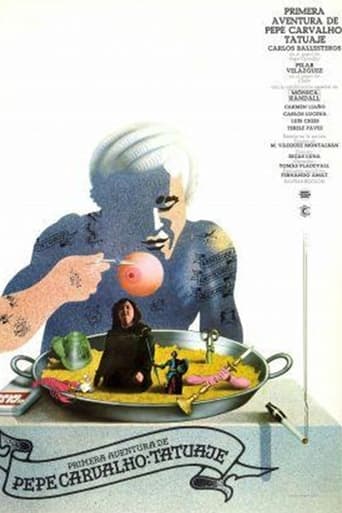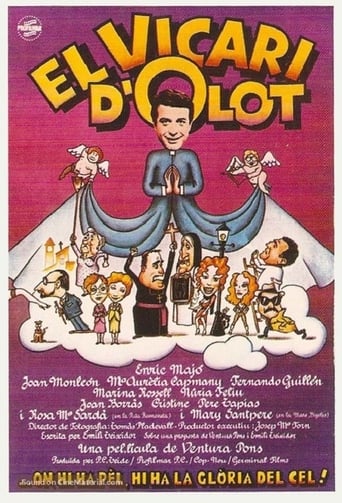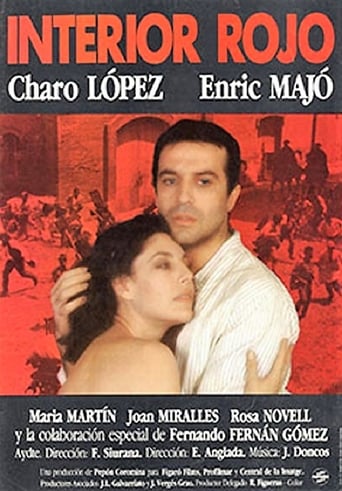Memorias del general Escobar 1984
After the end of the Spanish Civil War, General Antonio Escobar Huerta stoically awaits his execution, accused of military treason and sentenced to death for having sworn allegiance to the Republic. Despite being a man of deep religious convictions, Antonio Escobar decided to make an oath honoring the legally constituted government of the Second Spanish Republic against the military uprising led by Francisco Franco and supported by the Catholic Church. While waiting for his execution in prison, he recalls the beginning of the Civil War, the years of battles during which he ascended to the rank of General, and his own decisions, of which he has no regrets. With a clear conscience, Escobar waits his own execution with the calm of those who know they have done their duty. "If my life and that of all who have fallen serves to avoid this from happening again, our blood will not have been in vain" - Antonio Escobar Huerta.
